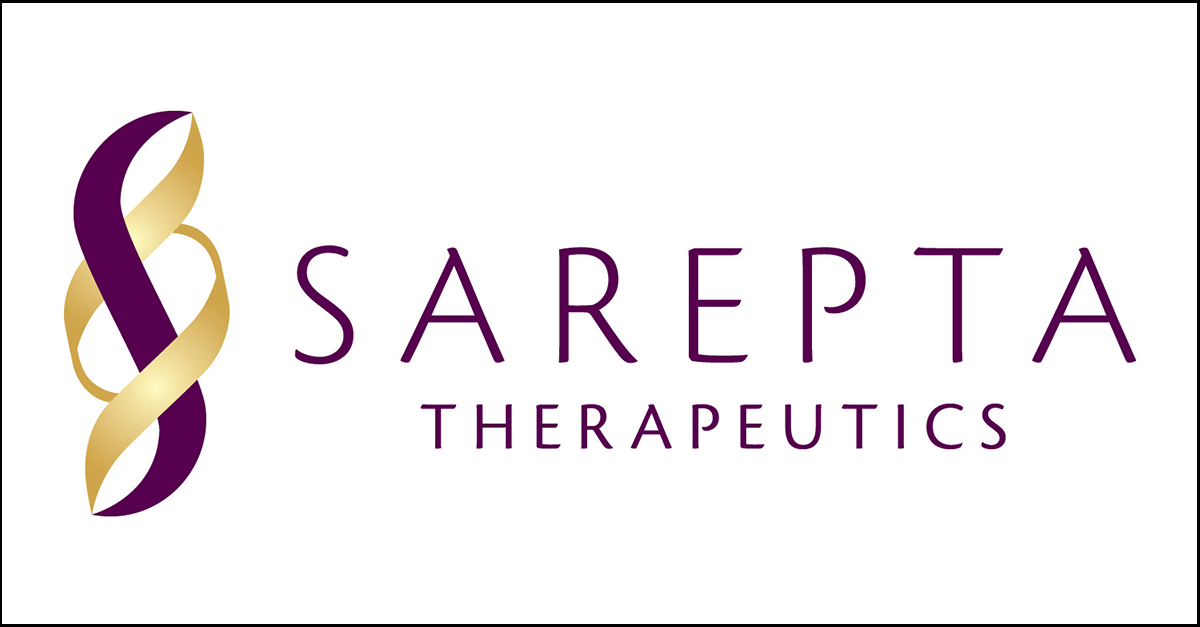
We are encouraged by the result of Sarepta’s Type C meeting with the FDA. Type C meetings are a “catch all” category and include any topics concerning the development and review of a product. This Type C meeting was to agree that Sarepta’s manufacturing process was accepted and they are now able to continue their development process. Sarepta has announced they will initiate a small 10 patient open label study this year with the commercial grade material and intend to open the larger pivotal study in early 2021.
Sarepta’s early studies (Study 1 and 2) utilized Nationwide Children’s vector facility. In order to scale-up, and increase manufacturing to have sufficient material for pivotal studies and one day, approval, they need to utilize a commercial manufacturing process to produce the gene therapy. FDA’s “go forward” is a good sign and progress for additional studies, data and progress.
Read the announcement from Sarepta:
Sarepta Therapeutics to Commence Dosing of the Next Study with Commercial Process Material for the SRP-9001 Gene Therapy Program for the Treatment of Duchenne Muscular Dystrophy
CAMBRIDGE, Mass., Nov. 05, 2020 (GLOBE NEWSWIRE) — Sarepta Therapeutics, Inc. (NASDAQ:SRPT), the leader in precision genetic medicine for rare diseases, today announced important updates related to the development plan for SRP-9001 (AAVrh74.MHCK7.micro-dystrophin), the Company’s investigational gene transfer therapy for the treatment of Duchenne muscular dystrophy.
In light of the risks that the ongoing COVID-19 pandemic posed to the execution of a large, multi-center trial, Sarepta proposed a new clinical study in the September 2020 Type C meeting to support the Company’s clinical and regulatory efforts — Study SRP-9001-103 (Study 103). Study 103 is an open-label study in up to 10 patients evaluating the safety and expression of commercial process material for SRP-9001 and is intended to accelerate Sarepta’s validation of commercial process material.
In the Type C meeting written response, the Office of Tissues and Advanced Therapies (OTAT), part of the Center for Biologics Evaluation and Research (CBER) at the U.S. Food and Drug Administration (FDA), requested, among other things, an additional potency assay to be used for the release of SRP-9001 commercial process material. Subsequent to the written feedback, Sarepta and OTAT have engaged in informal and productive dialog and as a result of those discussions, Sarepta anticipates commencing dosing in Study 103 this year.
“Our ability to rapidly address outstanding issues regarding our potency assay approach and commence Study 103 is an important milestone for SRP-9001 and for Duchenne muscular dystrophy patients who daily degenerate from this cruel disease,” said Doug Ingram, president and CEO, Sarepta. “Time and delay are not on the side of patients with Duchenne. This rapid resolution would not have occurred without the willingness of OTAT to engage with us informally and to discuss collaboratively how we could allow the program to advance. I want to thank the professionals at OTAT for their willingness, in midst of many competing priorities and in the face of a pandemic, to work with us to find an appropriate solution that will allow us to dose patients this year with our commercial process material of SRP-9001. We look forward to commencing Study 103 this year and having a data read-out from our ongoing blinded, placebo-controlled trial, Study 102, in early 2021.”
About SRP-9001 (AAVrh74.MHCK7.micro-dystrophin)
SRP-9001 is an investigational gene transfer therapy intended to deliver the micro-dystrophin-encoding gene to muscle tissue for the targeted production of the micro-dystrophin protein. Sarepta is responsible for global development and manufacturing of SRP-9001 and plans to commercialize SRP-9001 in the United States. In December 2019, the Company announced a licensing agreement granting Roche the exclusive right to launch and commercialize SRP-9001 outside the United States upon approval. Sarepta has exclusive rights to the micro-dystrophin gene therapy program initially developed at the Abigail Wexner Research Institute at Nationwide Children’s Hospital.



 by: Parent Project Muscular Dystrophy
by: Parent Project Muscular Dystrophy

